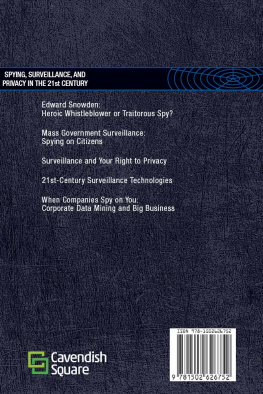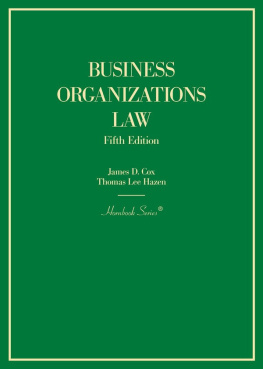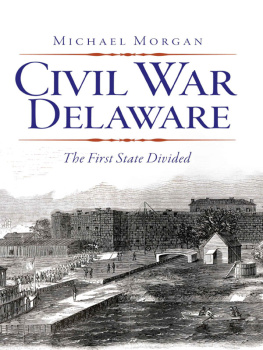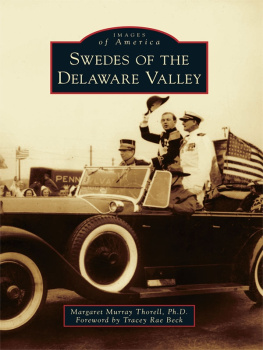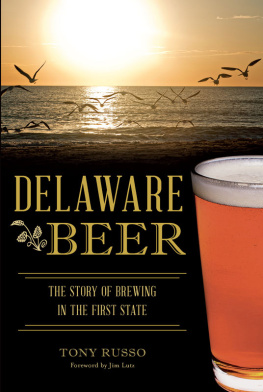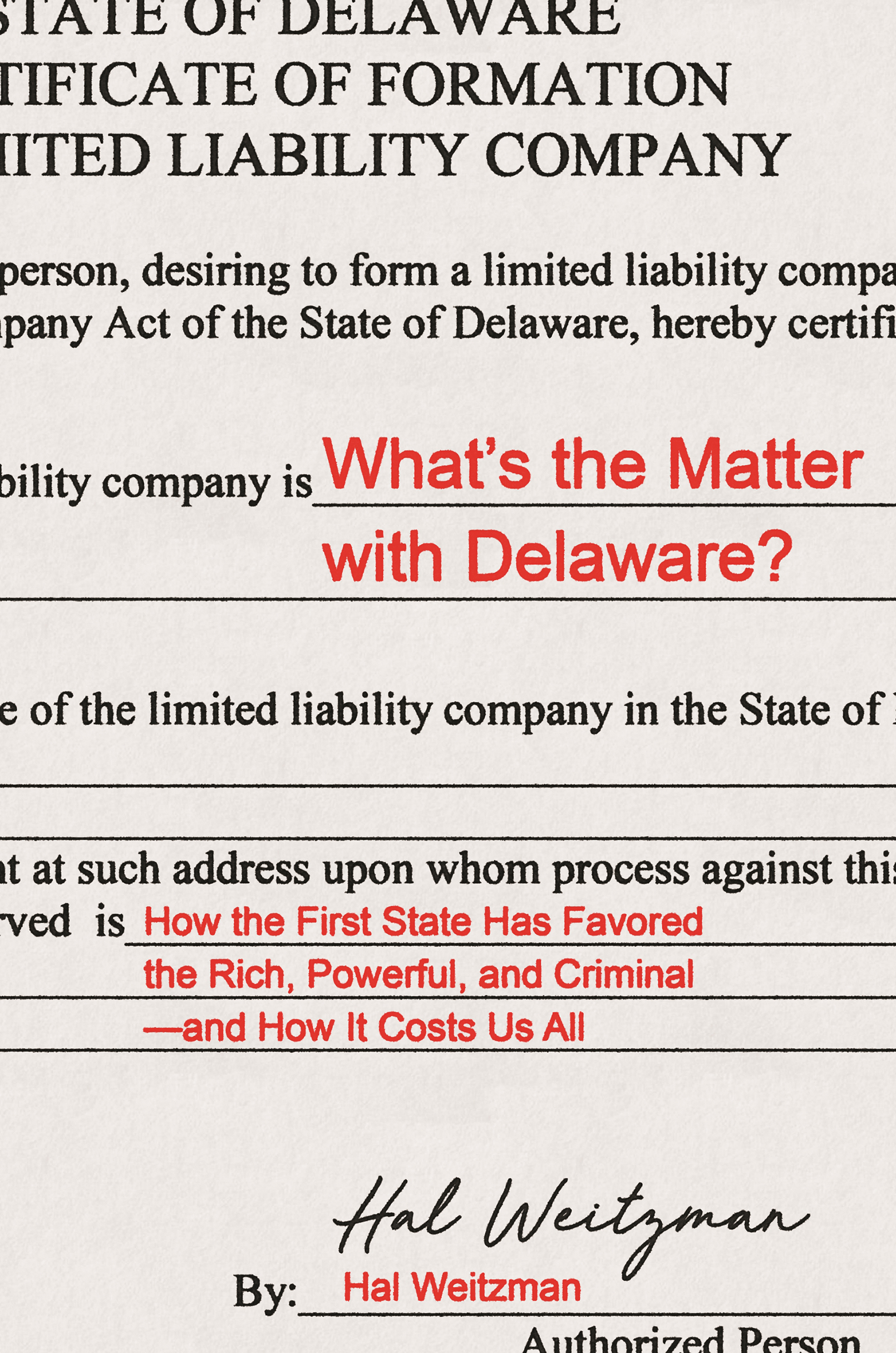Hal Weitzman - What’s the Matter with Delaware?: How the First State Has Favored the Rich, Powerful, and Criminal―and How It Costs Us All
Here you can read online Hal Weitzman - What’s the Matter with Delaware?: How the First State Has Favored the Rich, Powerful, and Criminal―and How It Costs Us All full text of the book (entire story) in english for free. Download pdf and epub, get meaning, cover and reviews about this ebook. City: Princeton, year: 2022, publisher: Princeton University Press, genre: History. Description of the work, (preface) as well as reviews are available. Best literature library LitArk.com created for fans of good reading and offers a wide selection of genres:
Romance novel
Science fiction
Adventure
Detective
Science
History
Home and family
Prose
Art
Politics
Computer
Non-fiction
Religion
Business
Children
Humor
Choose a favorite category and find really read worthwhile books. Enjoy immersion in the world of imagination, feel the emotions of the characters or learn something new for yourself, make an fascinating discovery.

- Book:What’s the Matter with Delaware?: How the First State Has Favored the Rich, Powerful, and Criminal―and How It Costs Us All
- Author:
- Publisher:Princeton University Press
- Genre:
- Year:2022
- City:Princeton
- Rating:4 / 5
- Favourites:Add to favourites
- Your mark:
What’s the Matter with Delaware?: How the First State Has Favored the Rich, Powerful, and Criminal―and How It Costs Us All: summary, description and annotation
We offer to read an annotation, description, summary or preface (depends on what the author of the book "What’s the Matter with Delaware?: How the First State Has Favored the Rich, Powerful, and Criminal―and How It Costs Us All" wrote himself). If you haven't found the necessary information about the book — write in the comments, we will try to find it.
How the First State has enabled international crime, sheltered tax dodgers, and diverted hard-earned dollars from the rest of us
The legal home to over a million companies, Delaware has more registered businesses than residents. Why do virtually all of the biggest corporations in the United States register there? Why do so many small companies choose to set up in Delaware rather than their home states? Why do wealthy individuals form multiple layers of private companies in the state? This book reveals how a systematic enterprise lies behind the business-friendly corporate veneer, one that has kept the state afloat financially by diverting public funds away from some of the poorest people in the United States and supporting dictators and criminals across the world.
Hal Weitzman shows how the de facto capital of corporate America has provided safe haven to money launderers, kleptocratic foreign rulers, and human traffickers, and facilitated tax dodging and money laundering by multinational companies and international gangsters. Revenues from Delawares business-formation industry, known as the Franchise, account for two-fifths of the states budget and have helped to keep the tax burden on its residents among the lowest in the United States. Delaware derives enormous political clout from the Franchise, effectively writing the corporate code for the entire countryand because of its outsized influence on corporate America, the second smallest state in the United States also writes the rules for much of the world.
Whats the Matter with Delaware? shows how, in Joe Bidens home state, the corporate laws get written behind closed doors, enabling the rich and powerful to do business in the shadows.
Hal Weitzman: author's other books
Who wrote What’s the Matter with Delaware?: How the First State Has Favored the Rich, Powerful, and Criminal―and How It Costs Us All? Find out the surname, the name of the author of the book and a list of all author's works by series.

